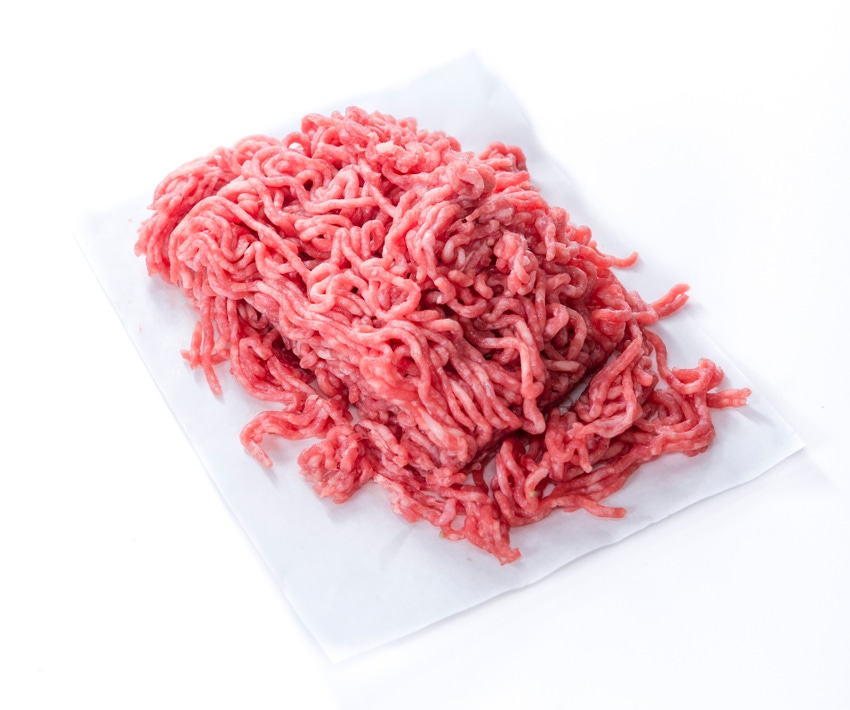Are consumers protecting their kids when asking for 'raised without antibiotics'?
Still early in the research cycle but several studies show a lack of risk to humans from antibiotic resistant bacteria as a result of the use of antibiotics in animals raised for food.
April 9, 2019

A couple of recent studies would indicate probably not. I know two studies will not, cannot and should not be the definitive statement about the possible lack of risk to humans from antibiotic resistant bacteria as a result of the use of antibiotics in animals raised for food. But I am saying the studies should be more widely publicized and cited to help educate consumers.
The most recent study I have run across was examining any differences in antibiotic resistance in bacteria from eggs raised conventional, organic and backyard. It was published in Journal of Food Production in March, 2019, Vol. 82 Issue 3.
The study examined eggs bought in Valencia, Spain. Only one egg was found to be contaminated with Salmonella, and it came from the conventional group and the bacteria were resistant to ciprofloxacin and amoxicillin. But, E. coli strains were resistant in 22% of the isolates from the organic production, 12.25% from conventional and 11.23% had resistance from backyard production. The most common resistance was to amoxicillin-clavulanic acid (Augmentin for you none-medicals reading this. The antibiotic your kids all took for ear infections.) None of the backyard or conventional egg E. coli isolates was resistant to chloramphenicol, ciprofloxacin, gentamycin or streptomycin.
On the other hand, the only antibiotic effective against E. coli cultured from organic eggs was ceftriaxone.
Before anyone cries out that no good physician would ever treat an E. coli O157:H7 foodborne illness with an antibiotic please allowed me to continue.
The study demonstrates that, in these laying hens, at least, the use or non-use of antibiotics had no significant effect on antibiotic resistance that would impact human health. The resistance was present, antibiotics in feed and water or not.
And I did treat a lot of E. coli urinary infections in my day, sometimes even advanced pyelonephritis, so resistant E. coli can be a major player in human health.
The second study I made mention of was also published in the Journal of Food Protection, this one in December of 2018, Vol. 81, No. 12.
This one struck a little closer to home as it was conducted by the U.S. Department of Agriculture, and by the authors’ names, including Joe Bosilevac and Tommy Wheeler, I am assuming the Mission Area was the Food Safety & Inspection Service (FSIS) of USDA.This was a much larger, and maybe better designed, study that collected 370 ground beef samples from three food service suppliers over a 13-month period of time. The samples were essentially equal numbers for conventional and raised without antibiotics (RWA) production systems.
Tetracycline-resistant E. coli were more prevalent in the conventional systems at 54.2% but were still present at 35.2% for RWA beef.
On the other hand, for all the other bacterial strains cultured, RWA and conventional showed basically the same results for antibiotic resistance with tet(A) and tet(B) genes being significantly higher in RWA ground beef.
The authors’ conclusion: Ground beef microbiomes differed more by supplier than by production system.
The authors also stated that the findings simply confirmed prior findings that antimicrobial use in beef cattle has minimal impact on the antimicrobial resistance of bacteria found in beef.
If I researched long and hard enough, I am pretty certain I could find similar studies for chickens, turkeys and pigs; less likely I suppose for goats.
That said, I am not going to reverse my long held position that the fewer antibiotics used in both animal and human health, the slower bacteria will develop resistance and increase the threat to human health.
The sharp reduction in antibiotic use in animals from 2016-2017 across the board was welcome and good news.
But I will also maintain my stance that RWA is not the panacea our consumers think it to be, and it is a costly animal husbandry system.
In summary, I think those insisting on organic, RWA, non-GMO, all natural, cage free, etc., and paying the price for those labels, have too many things they are worrying about, fed by social media and well-meaning but ill-informed friends and neighbors.
In comparison, people who are starving have only one thing to worry about.
As for the misguided media and misinformed, confused consumers, did you know there is now a new name for lean finely textured beef, ground beef? Yep, an FSIS spokesperson told me the new application claims a new process and a new product that now fits into the FSIS description of ground beef.
About the Author(s)
You May Also Like



